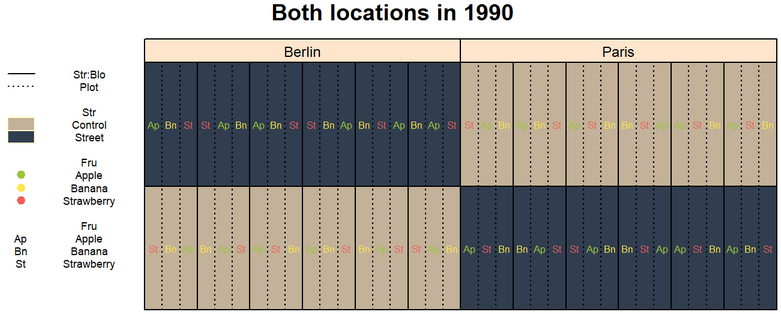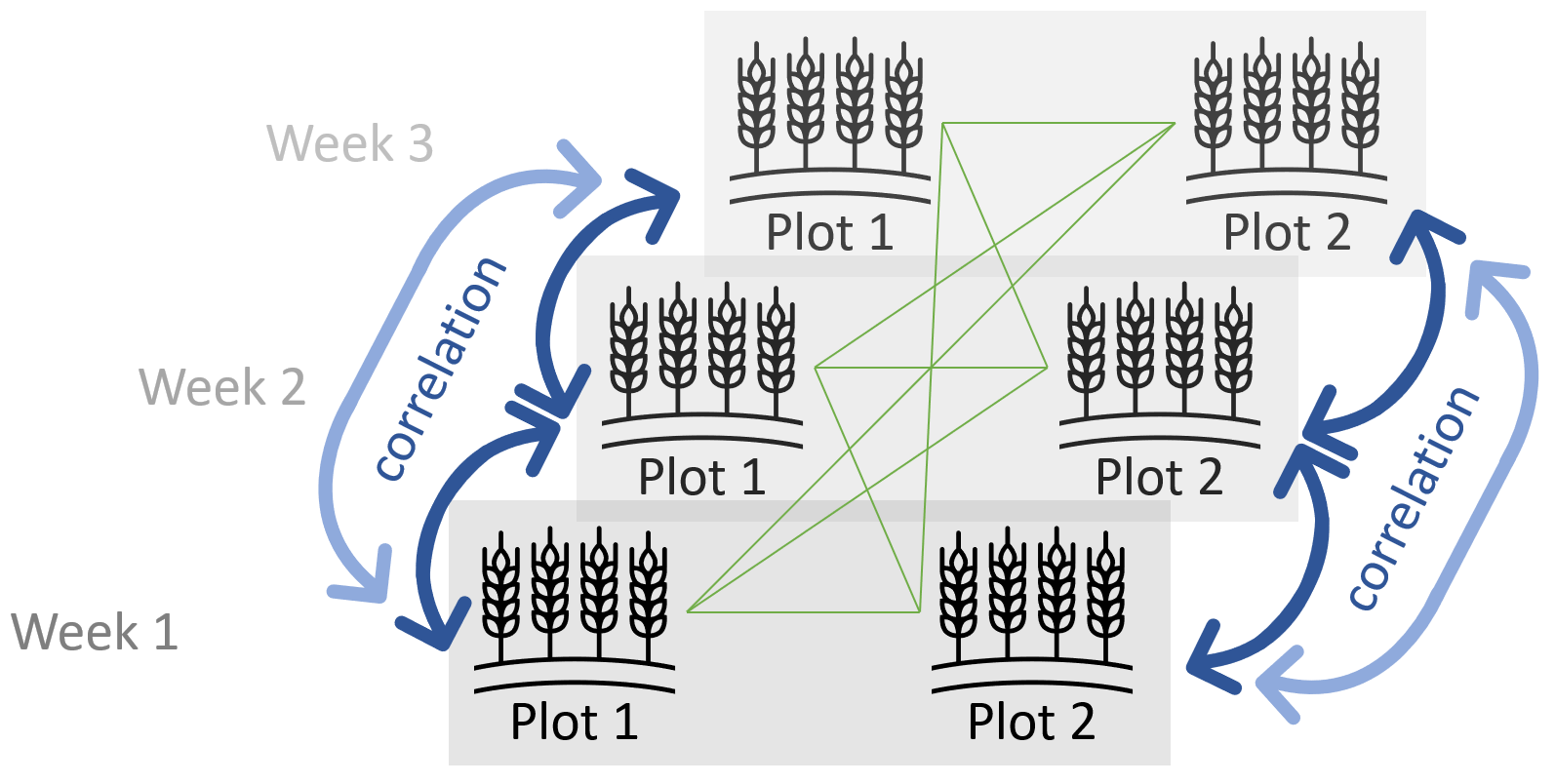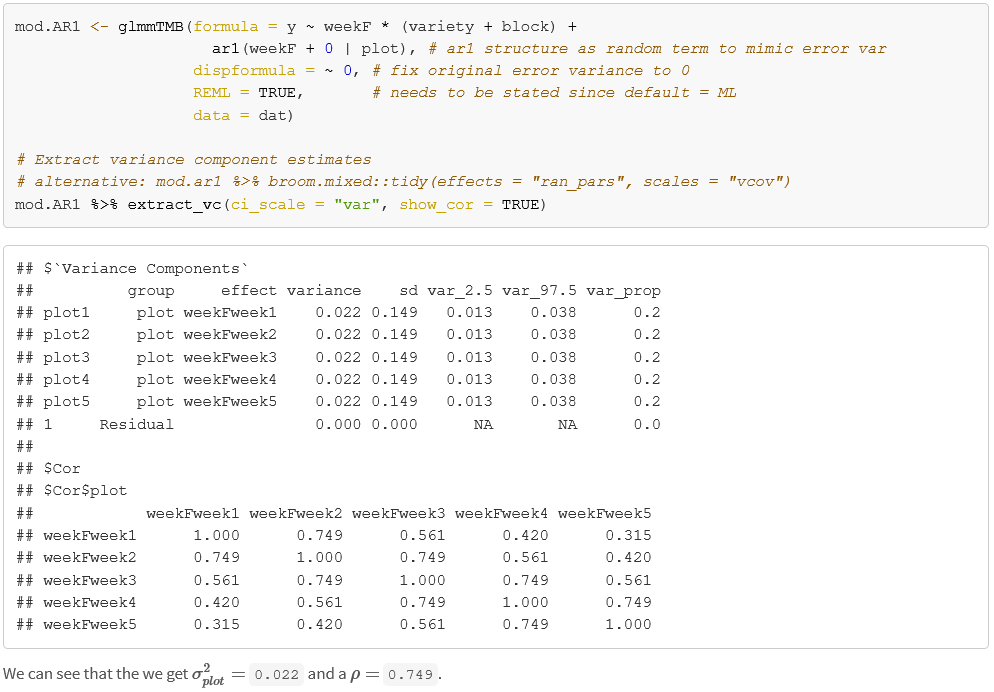From simple mixed models to complex mixed models with covariance structures
This course is aimed at natural scientists who already have experience with statistical analysis in R (e.g. regression, analysis of variance), but want to learn more about the application possibilities of especially complex mixed models or the structured and efficient use of R in general. As the name suggests, this course is the second part of a series of courses and builds on the course "Data Science in the Experimental Natural Sciences with R (Part 1) - from professional graphs to simple mixed models". Participation here does not require participation in the first course, but the knowledge taught there should be present. The goal of this course is to convey the knowledge of statistics in an intuitive and practical way. The focus is mainly on the practical application, so that the methods mentioned below and their underlying theory are explained with the help of illustrative examples. The examples of the course are mainly from agricultural sciences or experimental biology/ecology. Contents of the course are:
Statistics:
Critical discussion on p-values and significance
Critical discussion on t-test or Tukey-Test (etc.)
Factorial analysis of variance (2-way & 3-way ANOVA)
Model selection (R2, AIC)
Mixed models with covariance structures
R-packages: {lme4}, {nlme}, {glmmTMB}
Brief outlook: Generalized models (count data, presence/absence, proportions).
Experimental designs (plus those from part 1)
- Split-plot design
- Repeated measurements
- Experiments at several locations and/or years
Data processing and preparation:
- Alternative import and export functions, as well as data structures
- Efficient yet controlled analysis of multiple data sets
- Professional creation of various graphs; packages: {ggplot2}, {desplot}
- Reproducible analyses (incl. introduction to R Markdown)
Basic statistical knowledge is an advantage. If the first part of this course has not been attended, it would be useful to work through at least the first five "Examples"
here. R and RStudio must be installed before the course starts.
Here are some tips for preparing for online courses. Scripts for all
my workshops are always available online (see here the links to the 3 GitHub pages
"CrashcouRse", "DSFAIR" and "MMFAIR") and are continuously improved and extended.


